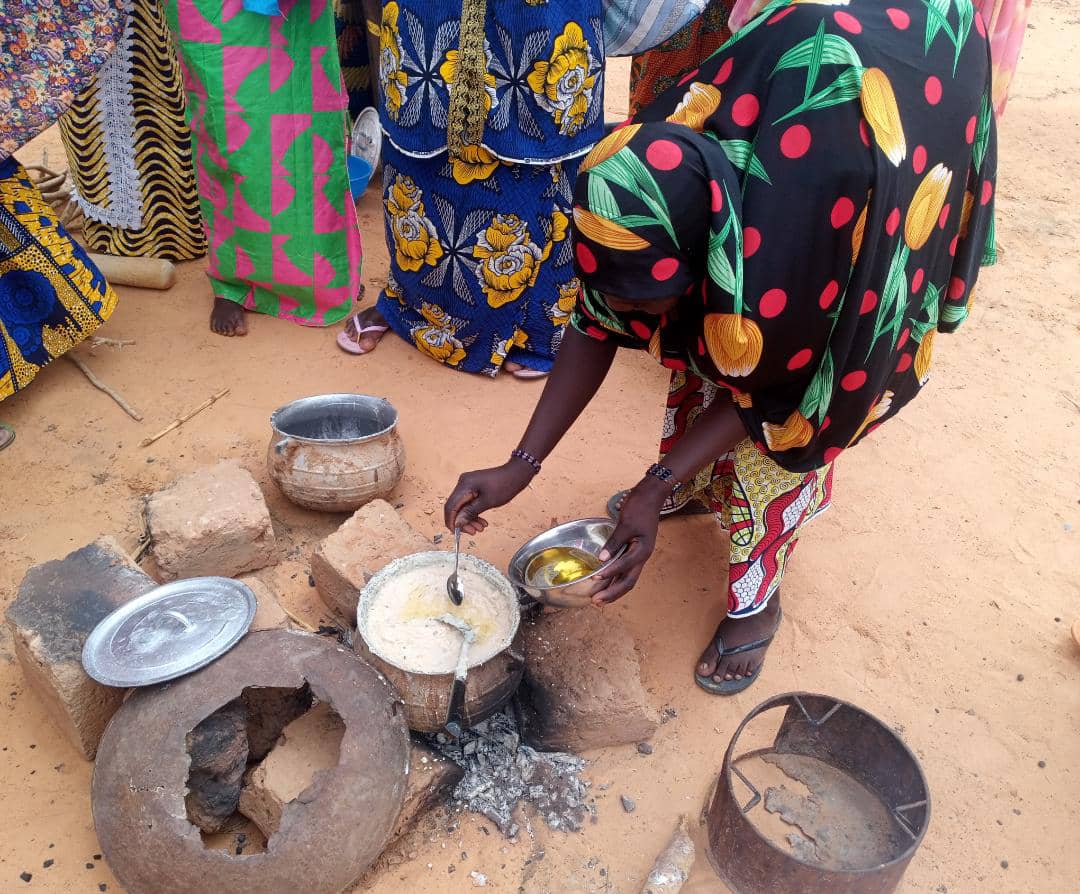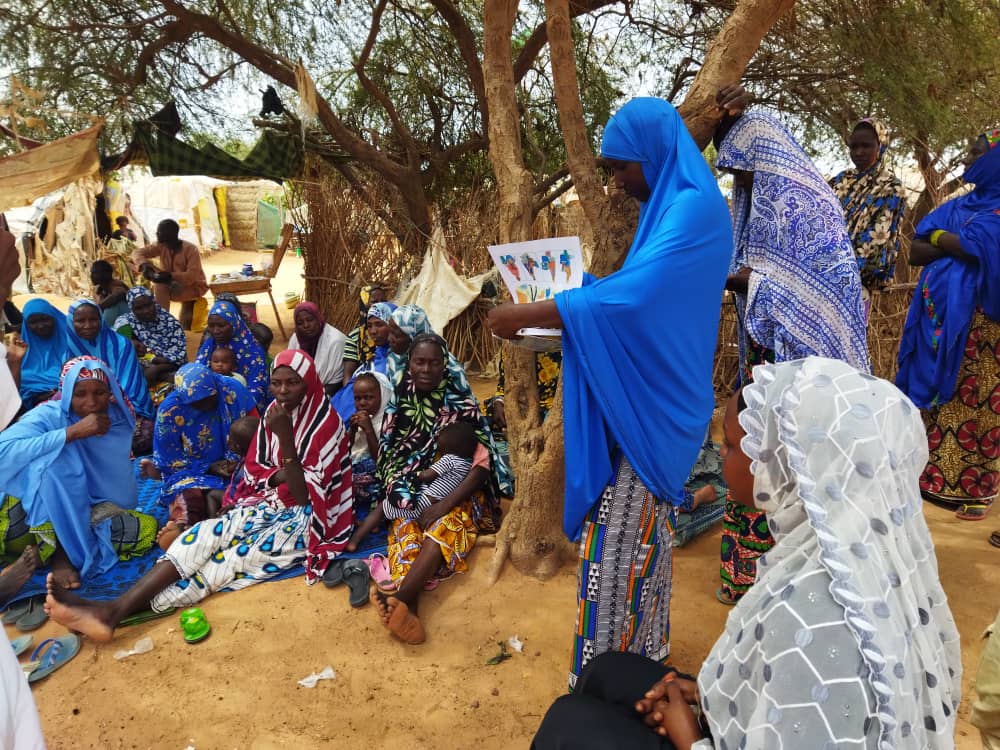24-05-2024 | di COOPI
Niger. Overcoming hunger: stories from two Nigerian mothers
In Tolkoboy Koira Tégui and Ouallam, Niger, life had become a daily struggle for Halimatou Saley and Halima Boureima. Both mothers of families, the two women were facing significant difficulties before they encountered COOPI - International Cooperation and the European Union-funded project “IMPROVE OUR LIVES! Building sustainable resilience to food and nutrition insecurity and social cohesion in rural communities in Burkina Faso and Niger” which started in June 2020 and runs for four years, implemented in consortium with Progettomondo in 17 municipalities in Burkina Faso, Mali and Niger.
I was living in extremely insecure conditions: my children and I were sleeping outside without blankets or mosquito nets to protect us from the cold and diseases,”
Halimatou tells us. In the context of deep food insecurity, Halimatou was trying to survive on limited resources by growing a small vegetable garden near her outdoor home. Access to clean water and medical services was limited, and malnutrition was ravaging her family.
My 13-month-old daughter Amina started losing weight. She was always crying, I didn't know what was wrong with her ... her health was getting worse, and I couldn't afford to take her to the hospital.”
Everything changed when Halimatou became involved in the project run in consortium with COOPI and other NGOs, which, among its objectives, works in the health and food security sector to strengthen resilience to food insecurity, while also supporting local communities and institutions in preventing it. After participating in a meeting with the village chief and the project team, Halimatou joined a Group for learning and monitoring infant and young child feeding practices that the team was establishing. Through the outreach activities, Halimatou was able to recognize the signs of malnutrition in her daughter and decided to seek help.
The facilitator immediately took charge of the situation and brought my daughter to the medical center. We found that she was suffering from acute malnutrition.”
Thanks to COOPI's support, Amina was treated and Halimatou received instruction on how to prepare nutritious food for her child. In fact, cooking demonstrations are held once a month using food kits containing local products with high nutritional value, such as bags of nièbé, bags of millet, saddlebags of arrachid cakes, sugar, oil, along with pots, spatulas, buckets, bowls, ladles, and mats, which were delivered to the beneficiaries.
My daughter has regained her health and her father and I are now relaxed. We've been back every week for a checkup and I've seen my daughter gain more weight than before.”

Cooking demonstrations using local products with high nutritional value
Halima Boureima is another beneficiary for whom the project has been a real lifeline. Halima found refuge with her family in Ouallam in the Tillabery region, fleeing her hometown of Tilwa because of the insecurity that characterized her life.
Through food vouchers, cash transfers and survival kits, Halima was able to ensure a safer and healthier life for her family. In fact, the project involves a cash transfer system and the distribution of food vouchers to 3 categories of target families: very poor families, displaced families, and those in the host community. Survival kits were also delivered to the displaced families.
I received a hygiene kit that includes buckets, canisters, Aquatabs, mosquito nets, soap, brooms and plastic kettles. This kit will enable me to improve our environmental sanitation, protect our children from some diseases such as malaria, and adopt good hygiene practices.”
Halima explained to us.

Awareness-raising on hygiene practices
The food security sector is one of COOPI's major focus areas in the country, in which it has developed strong expertise in the sector especially in the Tillabery region. In particular, COOPI implements projects to combat malnutrition by collaborating with local health facilities to take care of children-especially at a critical age-and pregnant women, but also by carrying out awareness campaigns on proper food and nutrition practices in communities. COOPI has been present in Niger since 2012, implementing programs in the areas of primary health, disaster risk reduction, mental health, psychosocial support, protection, and emergency education.




 Niger
Niger